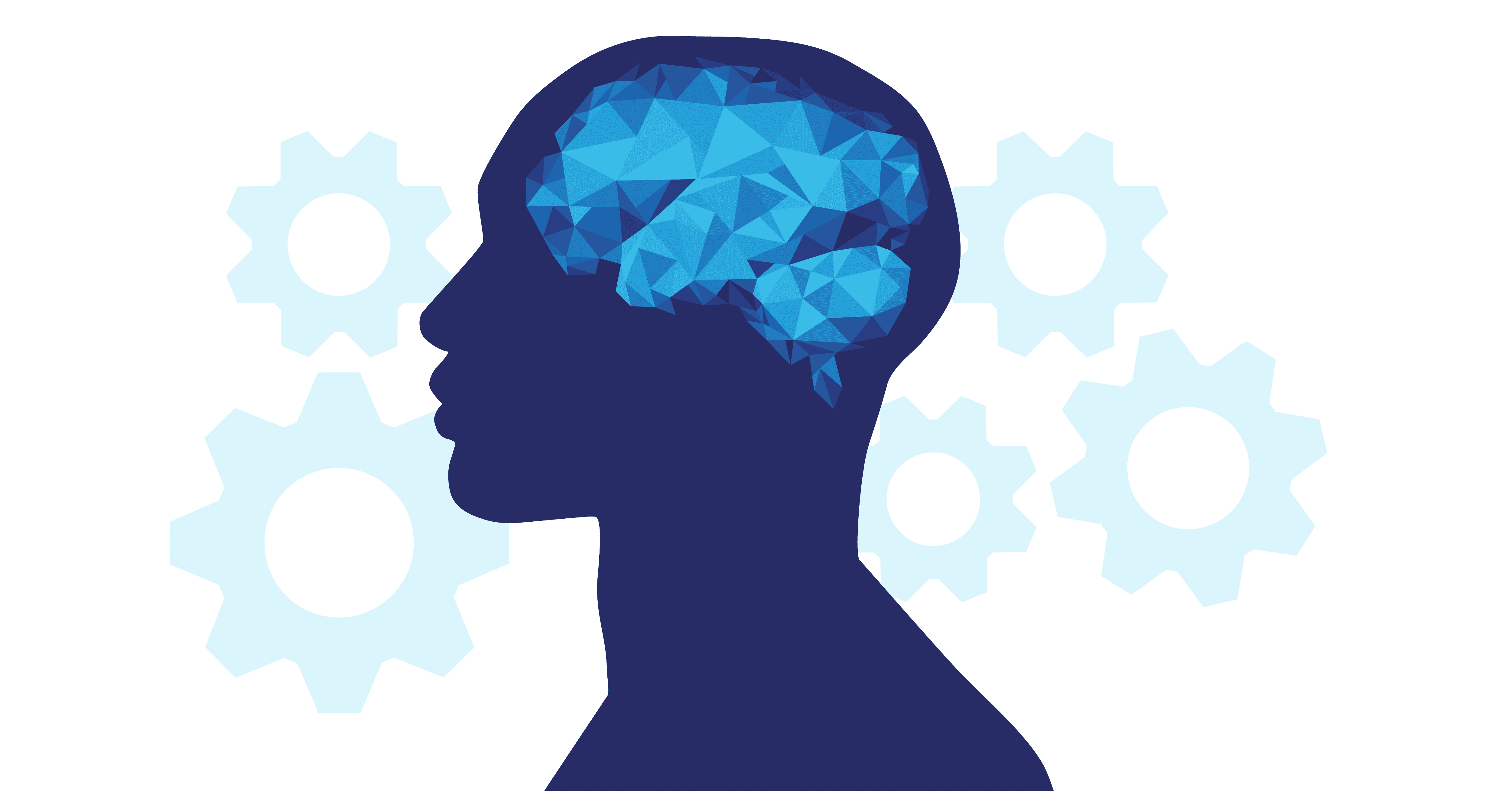
Discover how behavioural science transforms marketing. Learn to boost engagement and conversions with expert insights in this guide to behavioural science in marketing.
In today’s fast-paced business landscape, staying ahead of the competition is no easy feat.
Business owners and marketers continually seek new strategies to gain a competitive edge, from investing in web design to experimenting with social media tactics.
However, there’s a common thread that ties together the most successful marketing campaigns: behavioural science.
Fresh off the back of yet another successful campaign, our digital marketing experts were inspired by Nancy Harhut’s insightful talk on the crucial role of behavioural science in marketing.
In this 2 part blog, we will delve into the world of behavioural science and how it applies to marketing.
Get ready for insightful takeaways and actionable tips to boost engagement and response rates.
What is Behavioural Science?
While it may sound complex, it’s surprisingly easy to demystify the concept of behavioural science.
In simple terms, behavioural science involves examining human behaviour to gain insights into how audiences think and act.
The knowledge derived from this field can be a game-changer for marketers, providing a deeper understanding of consumer behaviour, which can, in turn, inform strategies for engagement, sales, and more.
But Exactly How Does Behavioural Science Apply to Marketing?
Now that we’ve defined behavioural science, let’s explore how it fits into the marketing puzzle.
Marketers leverage their understanding of human behaviour, particularly consumer behaviour and thought processes, to inform their campaign decisions.
By gaining a keen insight into how consumers navigate the buying journey, marketers can tailor their content to align with customers’ likely thoughts and actions.
The ultimate goal?
Resonating with consumers and eliciting direct responses to their desires and demands.

“In simple terms, behavioural science involves examining human behaviour to gain insights into how audiences think and act.”
Choice – Guiding Consumer Decisions
One of the fundamental factors in human decision-making is choice. Behavioural science reveals that presenting consumers with too many choices can overwhelm them, leading to decision paralysis.
Factors such as the number, organisation, and quality of choices play a pivotal role in shaping decisions.
To address this challenge, we at Sales Drive recommend enabling customers to filter their choices to suit their specific needs. This can be achieved through user-friendly features like tick-box options on e-commerce websites or by limiting the number of calls to action (CTAs) in marketing messages.
By simplifying choices, you prevent customers from feeling overwhelmed, making it easier for them to make a decision and take action.
Anchoring – Shaping Perceptions
Anchoring is an innate cognitive bias that highlights the significance of the first piece of information when making decisions. In marketing, anchoring can be a powerful tool to influence consumer perception and decisions.
For instance, presenting a product initially priced at £350 and then offering a loyalty club discount at £250 can create the illusion of affordability.
Why is anchoring important in marketing?
By introducing a higher price point as the initial reference or ‘anchor,’ marketers can make subsequent options appear more affordable in comparison. This not only increases their appeal but also boosts the likelihood of purchase..
The Authority Principle – Building Credibility
Consumers tend to trust products or services recommended or endorsed by experts and authorities.
Incorporating the authority principle into your marketing strategy through quotes and recommendations can significantly enhance the credibility of your offerings.
Alongside expert endorsements, content featuring endorsements from social influencers can be a valuable source of promotion.
This helps build credibility in the eyes of consumers, persuading them to convert.

“One of the fundamental factors in human decision-making is choice. Behavioural science reveals that presenting consumers with too many choices can overwhelm them, leading to decision paralysis.”
Stay tuned for Part 2, where we’ll explore additional aspects of behavioural science in marketing and provide more actionable insights.
In the meantime, take these strategies and apply them to your marketing campaigns to take them to the next level.
Or click below to see how letting Sales Drive take the wheel can elevate your marketing game.
